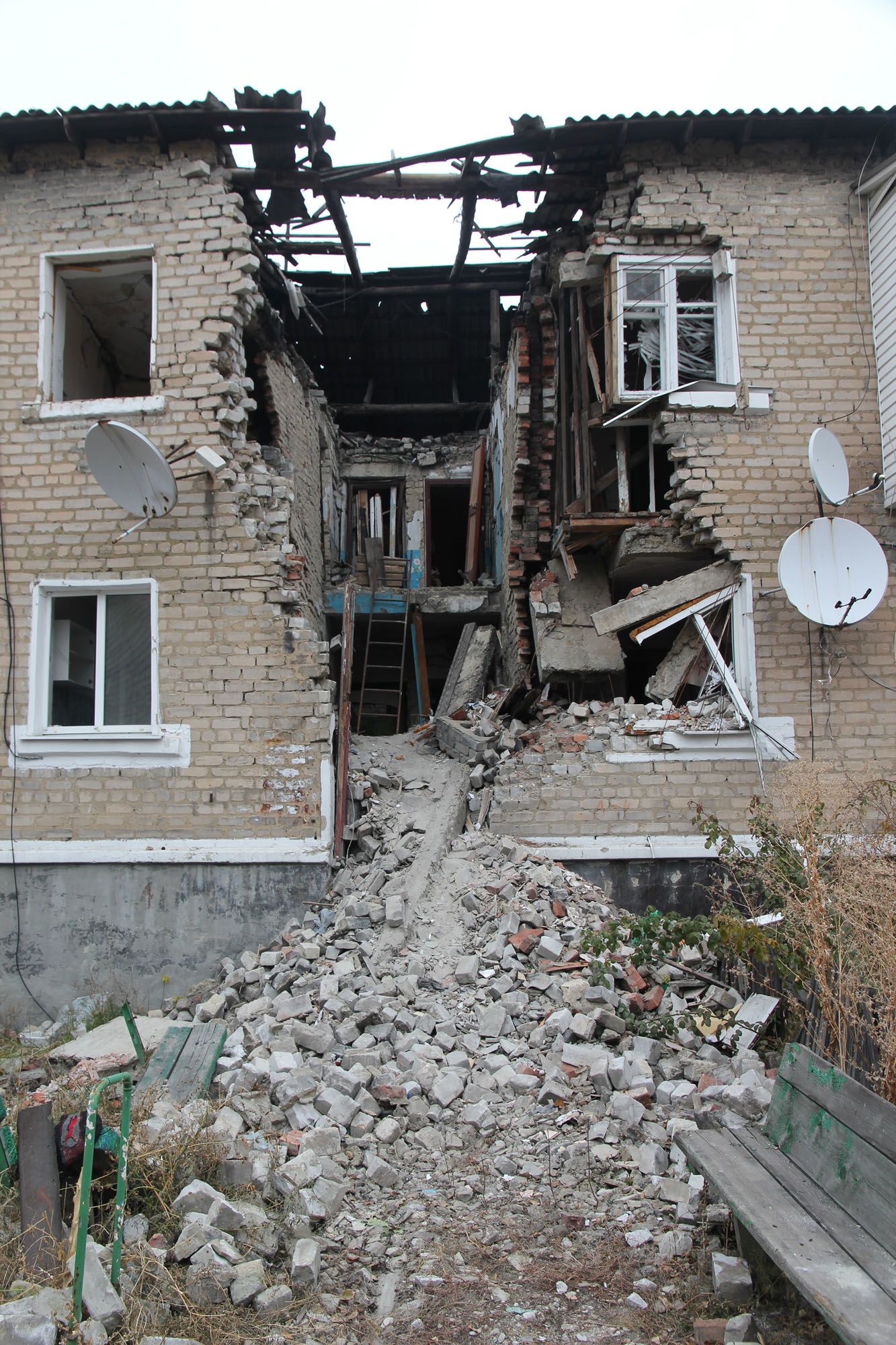Toolkit for principled humanitarian action
Managing counterterrorism risks

This toolkit is designed to help you identify counterterrorism-related risks so that your organisation can manage and mitigate these. It aims to make risk management approaches accessible to a broad range of staff who can use these in their day to day work. Before you get started, we recommend you read “Introduction to the toolkit”.
This toolkit will help you to:
- Develop your understanding of counterterrorism measures and how they can impact principled humanitarian action
- Identify potentially problematic wording related to counterterrorism that appears in grant agreements
- Engage with donors to discuss counterterrorism clauses, and develop an internal process for decision making on whether and how to proceed with funding opportunities that pose risks related to counterterrorism measures.
- Increase your understanding of practical aspects of risk management and steps your organisation can take to strengthen its policies and practices, while maintaining a principled approach.
- Enable your organisation to mainstream consideration of counterterrorism related risks throughout the project management cycle.
this toolkit is designed for:
- Staff responsible for partnerships with donors
- Staff involved in programme planning and implementation
- Staff with risk management responsibilities, including those focused on security, humanitarian access, and legal advice
- Policy staff
- Support staff
- Decision-makers
You will find:
Introduction to the toolkit and risk management
Counterterrorism measures & principled humanitarian action
This section is designed to help develop your understanding of counterterrorism measures and how they can affect principled humanitarian action. By the end of it, you should be able to identify the sources of the counterterrorism measures that affect your organisation’s work, and some of the impacts on its operations.
Counterterrorism clauses & partnership agreements
This section is designed to develop your understanding of these clauses. By the end of it, you should be able to identify potentially problematic wording related to counterterrorism that appears in grant agreements, know how to engage with donors to discuss counterterrorism clauses, and develop an internal process for decision making on whether and how to proceed with funding opportunities that pose risks related to counterterrorism measures.
Counterterrorism and risk management
This section explores practical aspects of risk management and steps your organisation can take to strengthen risk management policies and practices, while maintaining a principled approach. It endeavours to make risk management approaches accessible and understandable to a broad range of staff, including those who are field-based and responsible for programme implementation.
Resources
This section contains the risk library, downloadable resources and definitions of acronyms and key terms.


